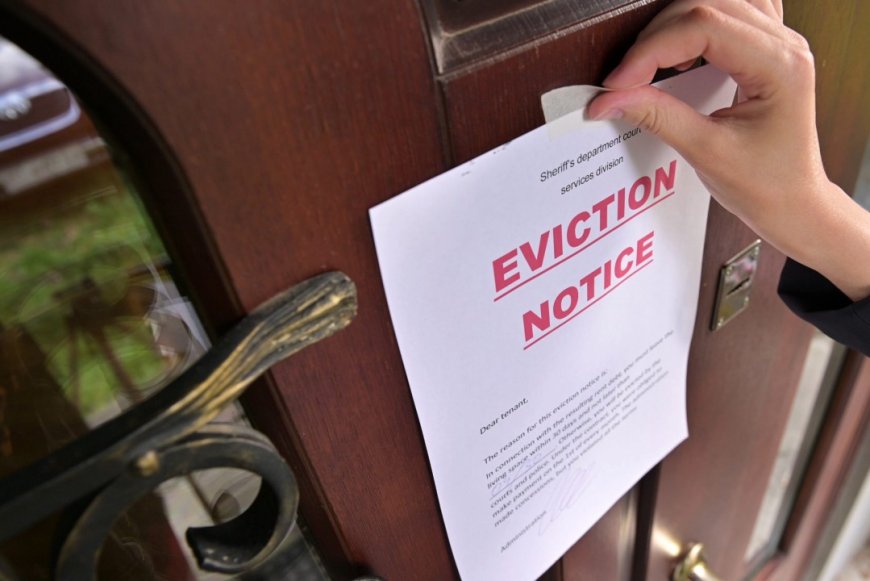Dubai landlords still handing out eviction notices even after new RERA Rental Index

RERA - Real Estate Regulatory Authority
TWO months after the new RERA Rental Index came into effect in Dubai, there has been no significant drop in tenants getting eviction notices as their landlords seek to 'reset' what their properties should fetch as rents, reports the Gulf News.
Of course, these tenants do have the relative luxury of 12 months before the eviction takes effect. But some landlords are even offering 'incentives' to help speed up the process, such as offering to meet a certain percentage of the new rents the tenant will have to pay on a new home.
“In my case, the previous landlord paid more than 50 per cent of the higher rent on a new property I leased in the same area (Creek Harbour),” said a resident at the high-rise cluster. “I got the eviction notice because he wanted to move into the apartment and preferred not to wait the full 12 months. I had been using that apartment for two years.”
Such deals are becoming common, though landlords willing to pay more than 50 per cent would be the exception. For these landlords, getting access to their properties at the earliest would still represent significant savings – even after cutting a deal with the previous tenant.
“We haven’t necessarily seen a drop in eviction notices as they are usually related to the sale of the unit or for a landlord’s personal use,” said Anisha Sagar, Director of Property Management at Allsopp & Allsopp Group. “(These notices) are more relative to the sale prices or because landlords find it more affordable to move back into their homes.
“(As such) there is no strong correlation between eviction notices and the updated RERA Rental Index.”
At the time of the new rental index coming into effect, there had been talk in the property market that landlords will have less reasons to send eviction notices – purely because they now have more freedom to hike rents in line with market rates in and around those locations.
Based on the evidence to date, that’s not how it is happening on the ground. Landlords are hiking rents and those who aren’t are issuing eviction notices.
As per Dubai rules, landlords must issue 12-month eviction notices when:
They plan to move into the home.
Plan to sell it.
Or want to give a major renovation.
Interestingly, there has been no marked increase in landlords approaching the Dubai Rental Disputes Center for a rental ‘valuation’ if they have an issue with how much they can charge their tenant under the new rent index.
“Landlords now have to apply for a rental adjustment case to be opened to obtain a fresh assessment,” said Anisha. “If they receive a favourable verdict from the judge, they can then apply for a rental valuation.
“Rental valuations will then reassess the rental amount as per the average market value (for that area).
“However, tenancy laws will still dictate how much landlords are allowed to increase rents.”
If landlords obtain a certificate of new valuations, legally, they have to follow the below set permissible rent increases:
For properties whose current rents are 0-11% under market value, there can be no increase.
For 11-20% under market value, there can be a 5% increase.
For 21-30% under market value, a 10% increase.
For 31-40% under market value, a 15% increase is permitted.
For 41% under market value, the ceiling on rent increase is 20%.
Stick to the range
“Even if the valuation indicates higher possible rents, landlords can only adjust rents based on these set regulations,” said Anisha.
